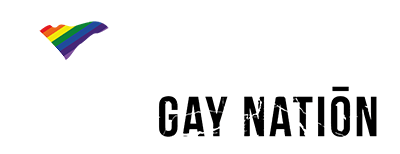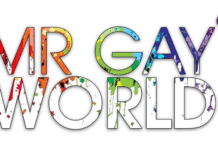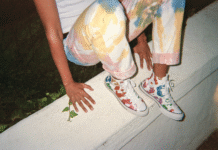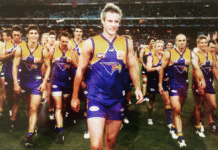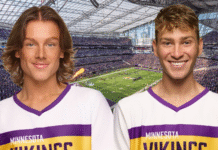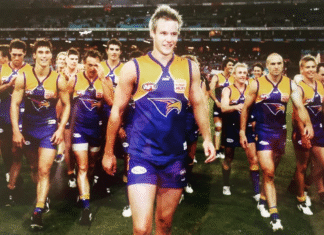
Every year since 1975 New Zealand has marked Māori Language Week.
This is a time for all New Zealanders to celebrate and embrace Te reo Māori (the Māori language) a language that is unique to our nation.
Fortunately Te reo Māori is undergoing a resurgence and as more people speak the language and use it in their day to day lives, the more this unique language can flourish and survive the better.
Māori became an official language of New Zealand in 1987, alongside English.
In recent years, scientists have begun to show that the advantages of bilingualism are even more fundamental than being able to converse with a wider range of people.
Being bilingual, it turns out, makes you smarter.
It can have a profound effect on your brain, improving your cognitive skills not related to language and even shielding against dementia in old age.
To help promote the use of te reo Māori and celebrate Māori Language Week 2015 Eikon has put together a list of must know te reo Māori.
Greetings
- E noho rā Goodbye (from a person leaving)
- Haere rā Goodbye (from a person staying)
- Haere mai Welcome! Come!
- Hei konā rā Goodbye (less formal)
- Kia ora Hi! G’day! (general informal greeting)
- Mōrena (Good) morning!
- Nau mai Welcome! Come!
- Tēnā koe formal greeting to one person
- Tēnā kōrua formal greeting to two people
- Tēnā koutou formal greeting to many people
- Tēnā tātou katoa formal inclusive greeting to everybody present, including oneself
Body parts
- Arero tongue
- Ihu nose
- Kakī neck
- Kauae chin (also kauwae)
- Kōpū womb
- Māhunga (also makawe) hair (always plural, indicated by ngā [the, plural]); also head
- Manawa heart
- Niho teeth
- Pohochest (also uma)
- Puku belly, stomach
- Raho testicles
- Ringa hand, arm
- Toto blood
- Tou anus
- Turi knee (also pona)
- Tūtae excrement, ordure
- ū breast (breast-milk is wai-ū)
- Upoko head
- Ure penis
- Waewae foot/feet, leg/legs
People and their groups
- Ariki male or female of high inherited rank from senior line of descent
- Hapū clan, tribe, independent section of a people (modern usage – sub-tribe); pregnant
- Iwi people, nation (modern usage – tribe); bones
- Kaumātua elder or elders, senior people in a kin group
- Ngāi Tātou a term for everyone present – ‘we all’
- Pākehā this word is not an insult; its derivation is obscure; it is the Māori word for people living in New Zealand of British/European origin; originally it would not have included, for example, Dalmatians, Italians, Greeks, Indians, Chinese
- Rangatira person of chiefly rank, boss, owner
- Tama son, young man, youth
- Tamāhine daughter
- Tamaiti one child
- Tamariki children
- Tāne man/men, husband(s)
- Teina/taina junior relative, younger brother of a brother, younger sister of a sister
- Tipuna/tupuna ancestor
- Tuahine sister of a man
- Tuakana senior relative, older brother of a brother, older sister of a sister
- Tungāne brother of a sister
- Wahine woman, wife (wāhine: women, wives)
- Waka canoe, canoe group (all the iwi and hapū descended from the crew of a founding waka)
- Whāngai fostered or adopted child, young person
- Whānau extended or non-nuclear family; to be born
- Whanaunga kin, relatives
Components of place names
- Au current
- Awa river
- Iti small, little
- Kai in a place name, this signifies a place where a particular food source was plentiful, e.g., Kaikōura, the place where crayfish (kōura) abounded and were eaten
- Manga stream
- Mānia plain
- Maunga mountain
- Moana sea, or large inland ‘sea’, e.g., Taupō
- Motu island
- Nui large, big
- Ō or o means ‘of’ (so does a, ā); many names begin with Ō, meaning the place of so-and-so, e.g., Ōkahukura, Ōkiwi, Ōhau
- One sand, earth
- Pae ridge, range
- Papa flat
- Poto short
- Puke hill
- Roa long
- Roto lake; inside
- Tai coast, tide
- Wai water
- Whanga harbour, bay
Last Updated on Aug 2, 2015
The news team for Gay Nation love tips from our readers. Got tips or a news story that you would like published? Go here to tell us something.
Visit the Gay Nation store Now

